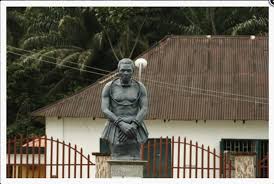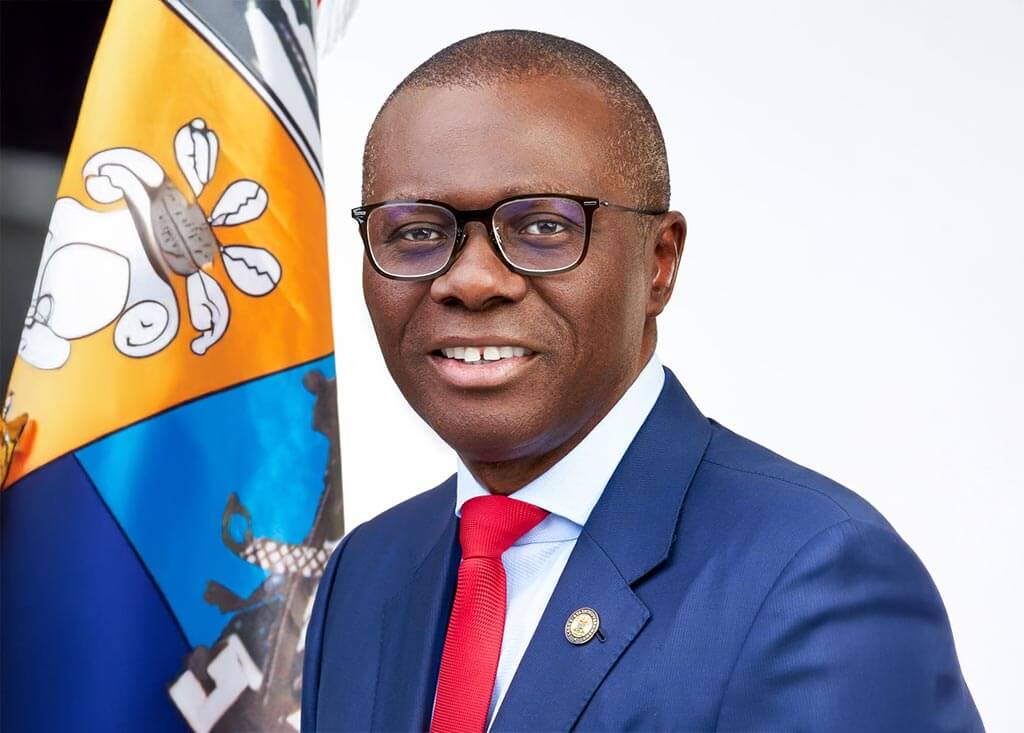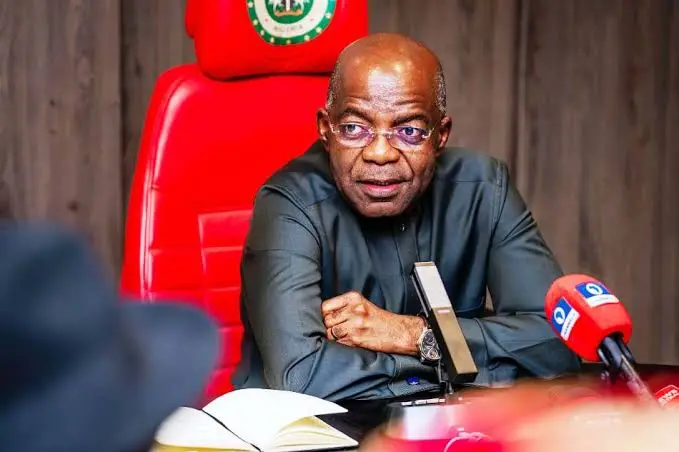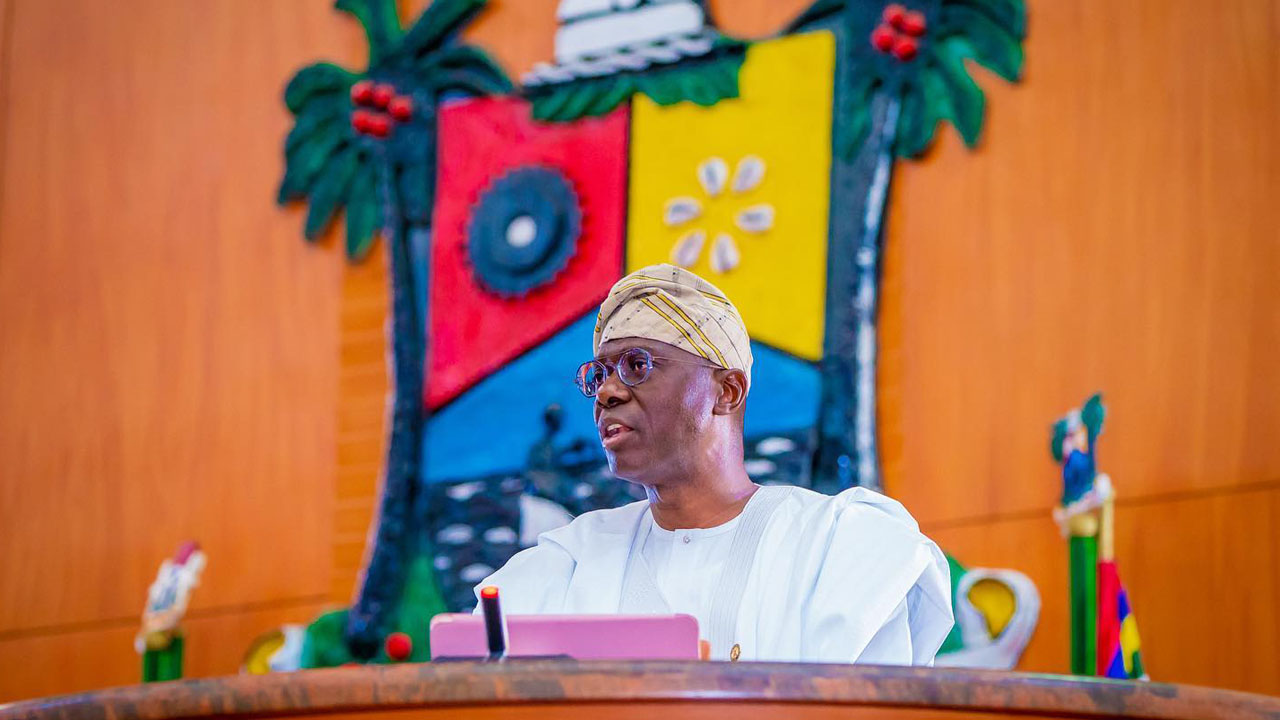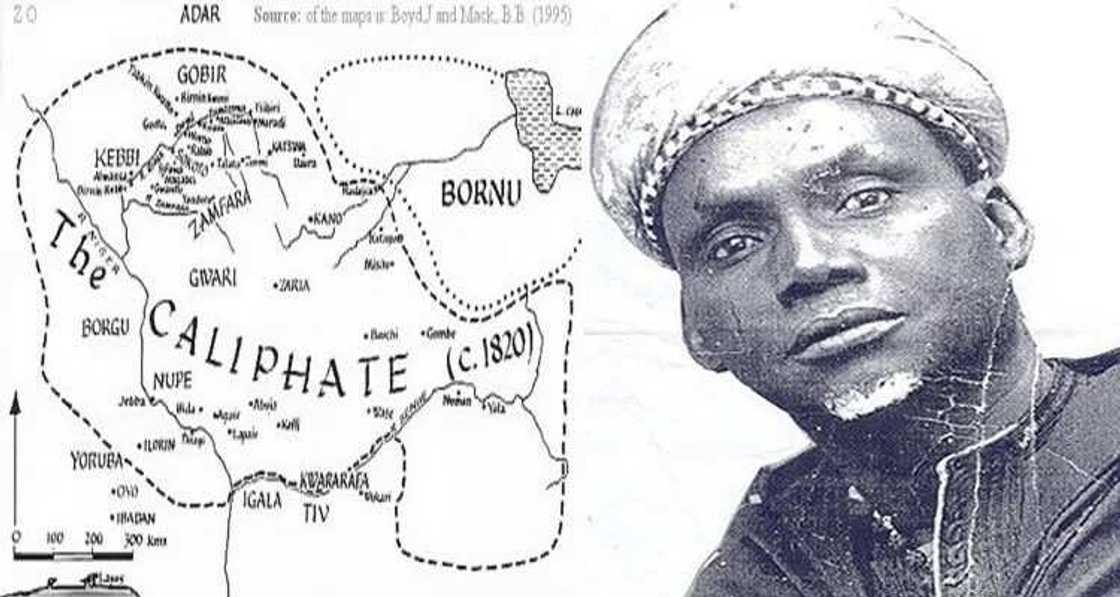
Usman dan Fodio: The Scholar-Warrior and Founder of the Sokoto Caliphate
Usman dan Fodio, a religious leader, scholar, and reformer, is celebrated as the founder of the Sokoto Caliphate in northern Nigeria. His revolutionary movement in the early 19th century was driven by a desire to purify Islam and promote social justice among the Hausa states. Through religious zeal and military prowess, he united various regions under an Islamic state, influencing governance, education, and religion across West Africa. Dan Fodio’s legacy remains one of the most significant in Nigeria’s pre-colonial history.
Early Life and Education
Born in 1754 in Gobir (located in present-day Nigeria), Usman dan Fodio belonged to the Fulani ethnic group. From a young age, he was immersed in Islamic scholarship, studying theology, law, and languages under the guidance of prominent scholars. His intellectual grounding in Islamic law and Sufism deeply influenced his later reforms and his dedication to upholding Islamic principles in society.
As a young scholar, dan Fodio traveled extensively, preaching and teaching across Hausa territories. His eloquence and commitment to social reform garnered a following among various ethnic groups, including both the Fulani and Hausa people. He criticized the moral corruption and oppressive practices of the local rulers, advocating for justice, education, and adherence to Islamic teachings.
The Call for Jihad and Formation of the Sokoto Caliphate
In the early 1800s, Usman dan Fodio declared a jihad (holy war) against the rulers of Gobir and other Hausa states. The jihad was aimed at removing leaders who, in dan Fodio’s view, were failing to follow Islamic law and were oppressing their people. His call resonated widely, and he gathered a large following of warriors, scholars, and local leaders who sought a reformed, just society grounded in Islamic principles.
Dan Fodio’s forces achieved significant victories, and by 1809, they had established a new Islamic state with Sokoto as its capital. Known as the Sokoto Caliphate, this new entity unified various ethnic groups and regions under a centralized Islamic authority. Dan Fodio’s establishment of the caliphate marked a turning point in West African history, as the caliphate became one of the largest empires in Africa at its height, stretching from modern-day Nigeria to parts of Niger and Cameroon.
Political and Social Reforms in the Caliphate
Usman dan Fodio’s caliphate was marked by significant political and social reforms that aimed to create a just, equitable society. He implemented Islamic law (Sharia) as the legal framework of the state, focusing on justice, education, and the welfare of the people. His reforms included prohibiting corruption, ensuring fair treatment of the poor, and abolishing unlawful taxation.
Education was a cornerstone of dan Fodio’s reforms, as he established schools and promoted literacy among both men and women. He encouraged his followers to pursue knowledge and emphasized the importance of women’s education, an uncommon stance at the time. This emphasis on learning contributed to a vibrant intellectual and cultural life within the caliphate, attracting scholars from across West Africa.
Usman dan Fodio’s Legacy and Influence
Usman dan Fodio’s impact extended far beyond his lifetime, as the Sokoto Caliphate continued to play a dominant role in West African politics and culture until the arrival of British colonial forces in the early 20th century. His writings, teachings, and reforms influenced successive generations of leaders and scholars, shaping the social and religious identity of northern Nigeria.
Dan Fodio’s legacy also inspired later Islamic movements across Africa, and his teachings remain influential in Nigeria’s religious and cultural life today. The Sokoto Caliphate, now symbolic, serves as a reminder of dan Fodio’s efforts to create a society rooted in Islamic values and social equity.
Conclusion
Usman dan Fodio’s life and legacy as a scholar, warrior, and reformer underscore the complexity and depth of Nigeria’s pre-colonial history. His establishment of the Sokoto Caliphate and his dedication to social justice, education, and religious purity make him a seminal figure in Nigerian history. Dan Fodio’s vision of an Islamic state grounded in justice and learning continues to influence Nigerian society, illustrating the enduring impact of his teachings and reforms.



